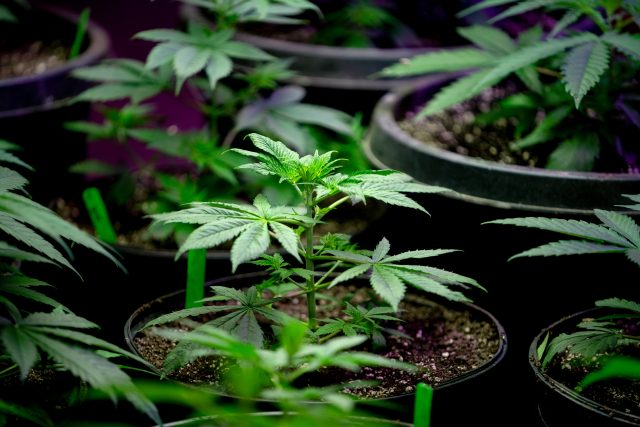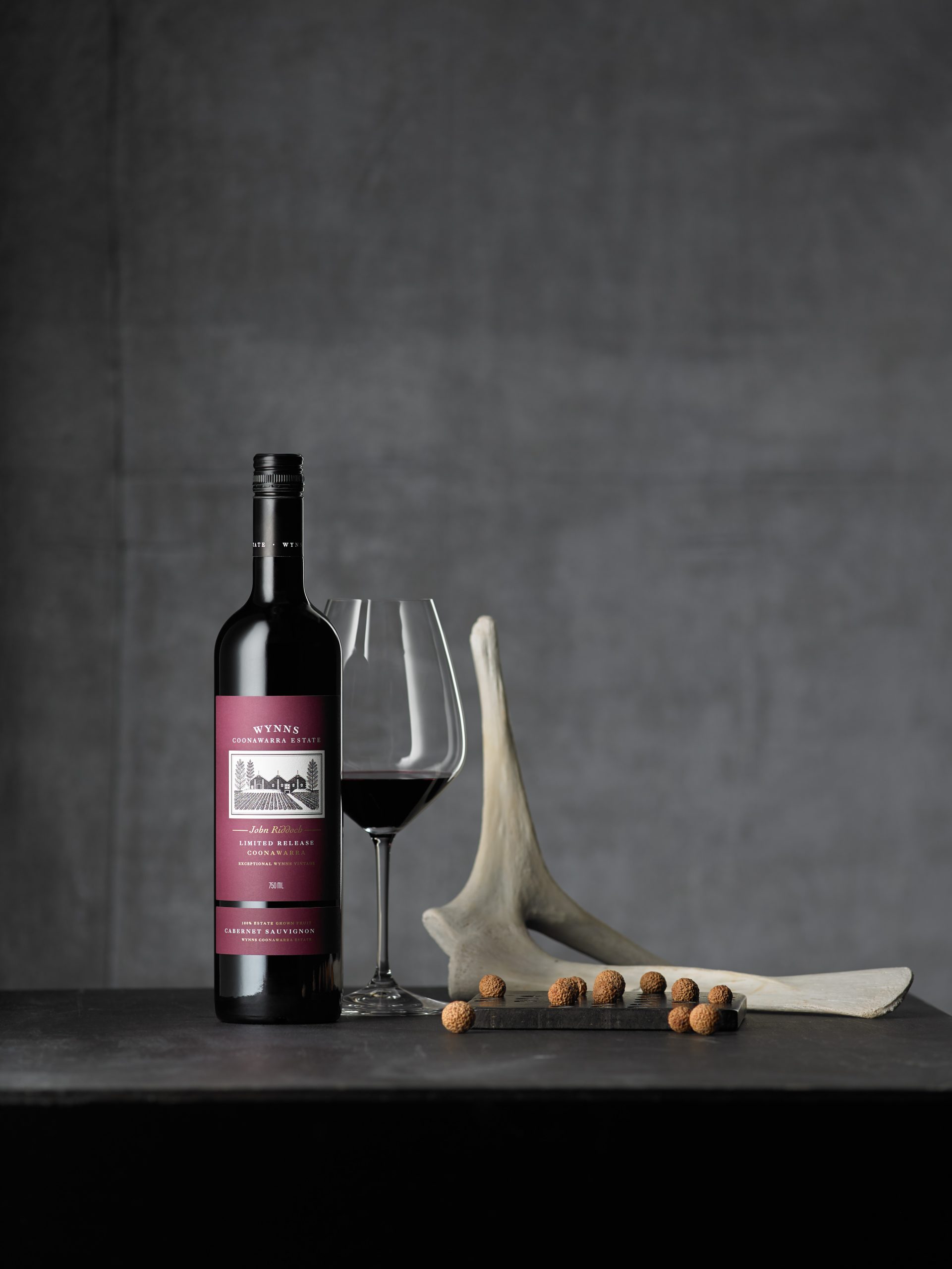Constellation’s $4 billion bet on Canopy Growth Corp in the balance
Constellation Brands’ $4 billion investment in Canada’s biggest marijuana producer remains a long way from paying off.

Canopy Growth Corp has made a fourth-quarter loss that was far bigger than analysts had predicted, blaming stiff competition and knocking a further 15% from company’s shares, further denting the value of Constellation’s investment.
Constellation continues to hope that its big stake in Canopy will stand it in good stead when the potentially huge US market for legalised cannabis opens up to marijuana-infused (THC) drinks.
At present 21 states in the union permit personal use of cannabis and legislation to do so at a federal level has been passed by the lower house of Congress, though it remains illegal to move cannabis products across state lines so brand building is problematic.
But hopes of eventually creating a new multi-billion dollar in the US drinks market remain high. Canada legalised such products three years ago, opening the door for groups such as Constellation to treat it as a test market.
Partner Content
Only last week Boston Beer announced the launch in Canada of a line of cannabis-infused beverages called TeaPot, which will be available in selected provinces from July. The launch comes about a year after Boston Beer, brewer of Samuel Adams and Truly Hard Seltzer, set up an R&D centre in Canada for non-alcoholic cannabis products.
TeaPot is being developed with a Canadian cannabis producer, Entourage Health Corp, and is seen as a potential extension to Boston’s craft beer and hard seltzer ranges such as Samuel Adams and Truly.
Craft brewer Boston built Truly into the No2 in the hard seltzer market but then misread the consumer in the midst of the coronavirus outbreak, vastly overestimating demand and being forced into heavy write-downs from which its balance sheet is still recovering.
Competition for Canada’s cannabis market is diverse and widespread including cheap black market offerings. That has hurt Canopy which had initially predicted becoming profitable later this year. It has now pushed that date back to 2024 and has withdrawn its medium-term targets for revenue and cash flow set in February last year. For the quarter to the end of March it made a loss of C$122 million (£76.5 million) compared with C$94 million a year earlier. Analysts were expecting a loss of C$63.80 million. Sales shrunk 25% to C$111.77 million, also far lower than industry estimates.
Related news
How to make a hot buttered rum
The most interesting conversations db had in 2025
Treasury Wine Estates plans leaner future amid US and China slowdown




